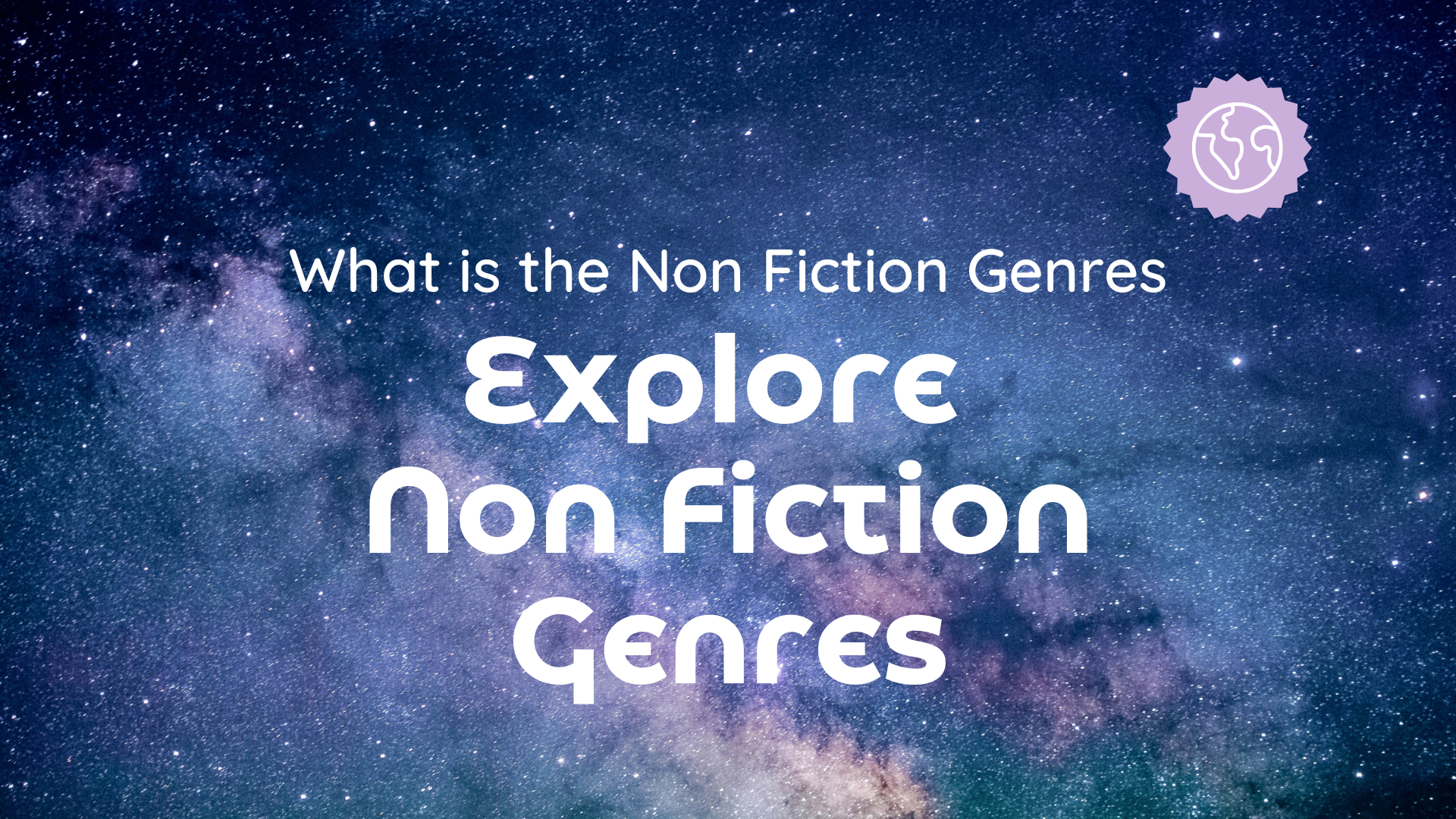Welcome to Our Publishing House!
Welcome to Our Publishing House!

Exploring Non-Fiction Genres: A Guide to Real-World Storytelling
Non-fiction is a vast and diverse literary category that explores real-life stories, facts, ideas, and experiences. Unlike fiction, which is rooted in imagination, non-fiction aims to educate, inform, and inspire readers by presenting factual content. Within this broad category are several genres, each catering to different interests and purposes. Here’s an overview of some of the most prominent non-fiction genres:
Memoirs focus on specific aspects or periods of the author’s life, emphasizing personal reflections and emotions rather than chronological details.
Examples:
– Educated by Tara Westover
– Becoming by Michelle Obama
Books in this genre are designed to inspire and guide readers in improving their lives, achieving goals, or overcoming challenges.
Examples:
– The 7 Habits of Highly Effective People by Stephen R. Covey
– Atomic Habits by James Clear
History books delve into past events, civilizations, or eras, often weaving a narrative that helps readers understand the present through the lens of the past.
Examples:
– Sapiens: A Brief History of Humankind by Yuval Noah Harari
– The Wright Brothers by David McCullough
This genre makes complex scientific concepts accessible, often blending education with storytelling to spark curiosity about the natural world and technological advancements.
Examples:
– A Brief History of Time by Stephen Hawking
– The Immortal Life of Henrietta Lacks by Rebecca Skloot
True crime explores real-life criminal cases, delving into the psychology of criminals, the experiences of victims, and the justice system.
Examples:
– In Cold Blood by Truman Capote
– I’ll Be Gone in the Dark by Michelle McNamara
Travel writing captures the essence of places, cultures, and adventures, often blending personal anecdotes with descriptive landscapes.
Examples:
– Eat, Pray, Love by Elizabeth Gilbert
– A Walk in the Woods by Bill Bryson
These works consist of shorter pieces reflecting the author’s thoughts on diverse topics, from politics to philosophy.
Examples:
– The Fire Next Time by James Baldwin
– Bad Feminist by Roxane Gay
Focusing on strategies, entrepreneurship, and global economic trends, this genre appeals to professionals and curious minds alike.
Examples:
– The Lean Startup by Eric Ries
– Freakonomics by Steven D. Levitt and Stephen J. Dubner
Investigative reporting and long-form journalism fall into this genre, often addressing societal issues or current events.
Examples:
– The New Jim Crow by Michelle Alexander
– All the President’s Men by Bob Woodward and Carl Bernstein
Books in this genre tackle life’s big questions, ethical dilemmas, and spiritual practices, offering readers intellectual and existential exploration.
Examples:
– Meditations by Marcus Aurelius
– The Power of Now by Eckhart Tolle
These books provide advice on maintaining physical and mental health, covering topics like diet, exercise, and mindfulness.
Examples:
– Why We Sleep by Matthew Walker
– The Body Keeps the Score by Bessel van der Kolk
This practical genre includes textbooks, how-to guides, and manuals, catering to learners and professionals.
Examples:
– The Elements of Style by Strunk and White
– On Writing: A Memoir of the Craft by Stephen King
Non-fiction genres offer something for everyone, whether you’re seeking inspiration, knowledge, or understanding. By diving into these genres, readers can expand their horizons and connect deeply with the real world through the power of words.
So, what’s your favorite non-fiction genre? Share your thoughts below!